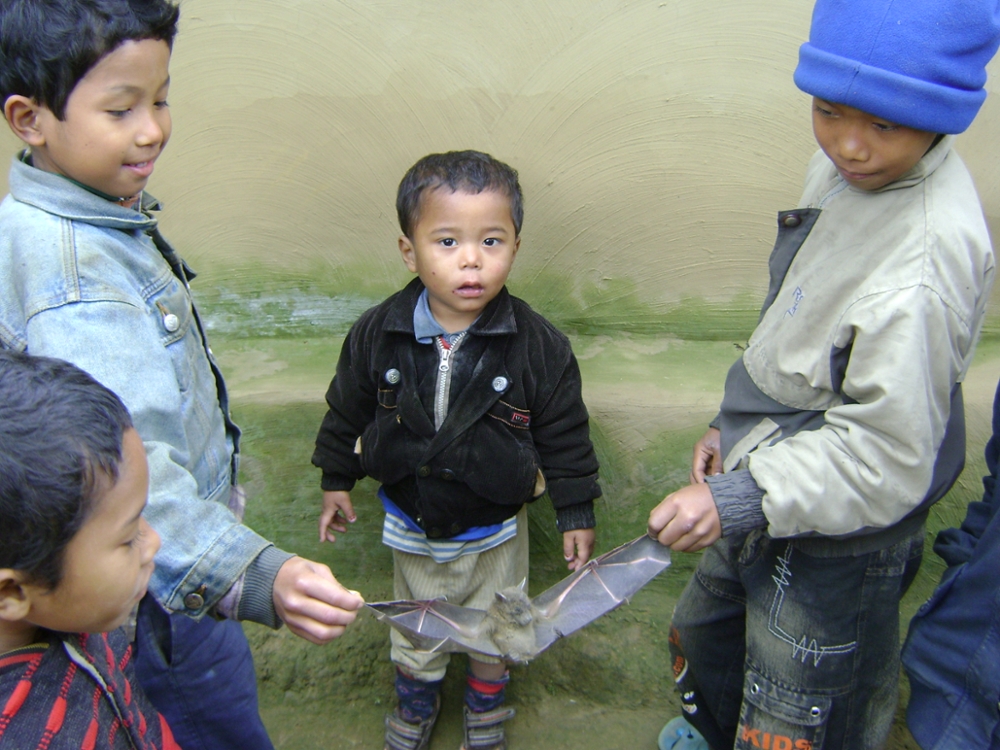One Health Institute
One Health Institute

Photo by Paulina Zielinska
The One Health approach addresses complex health problems on a platform that recognizes that the health of domestic animals, wildlife, and people are inextricably linked with each other and the environment. The One Health Institute comprises various programs that utilize this approach to Global Health
One Health is global – the threat to people, wildlife, and domestic animals is worldwide as climate change, human population growth, and changing land use cause pathogens to emerge and spread
One Health is comprehensive – seeking integrated policy interventions which simultaneously and holistically address multiple, interacting causes of poor human health including unsafe and scarce water, lack of sanitation, food insecurity, and infectious diseases
One Health is holistic – recognizing that an integrated approach will yield significantly larger health benefits than policies that target factors individually and in isolation
One Health is collaborative and trans-disciplinary – agricultural scientists, anthropologists, economists, educators, engineers, entomologists, epidemiologists, hydrologists, microbiologists, nutritionists, physicians, public health professionals, sociologists, and veterinarians working collaboratively to improve and promote both human and animal health
The One Health Institute is the campus home of:
Wildlife Health Center
PREDICT Global Wildlife SMART Surveillance System
Center of Expertise in One Health: Water, Animals, Food and Society
Calvin Schwabe One Health Project
